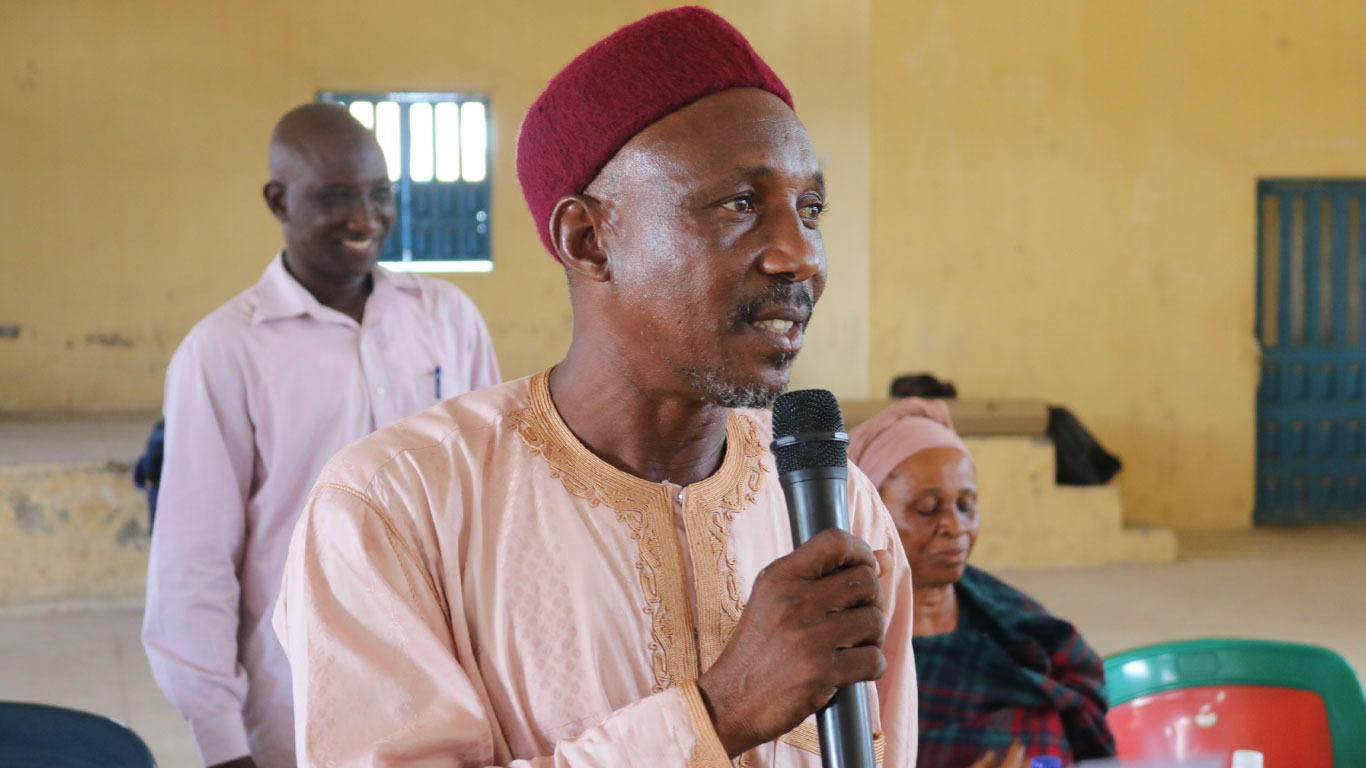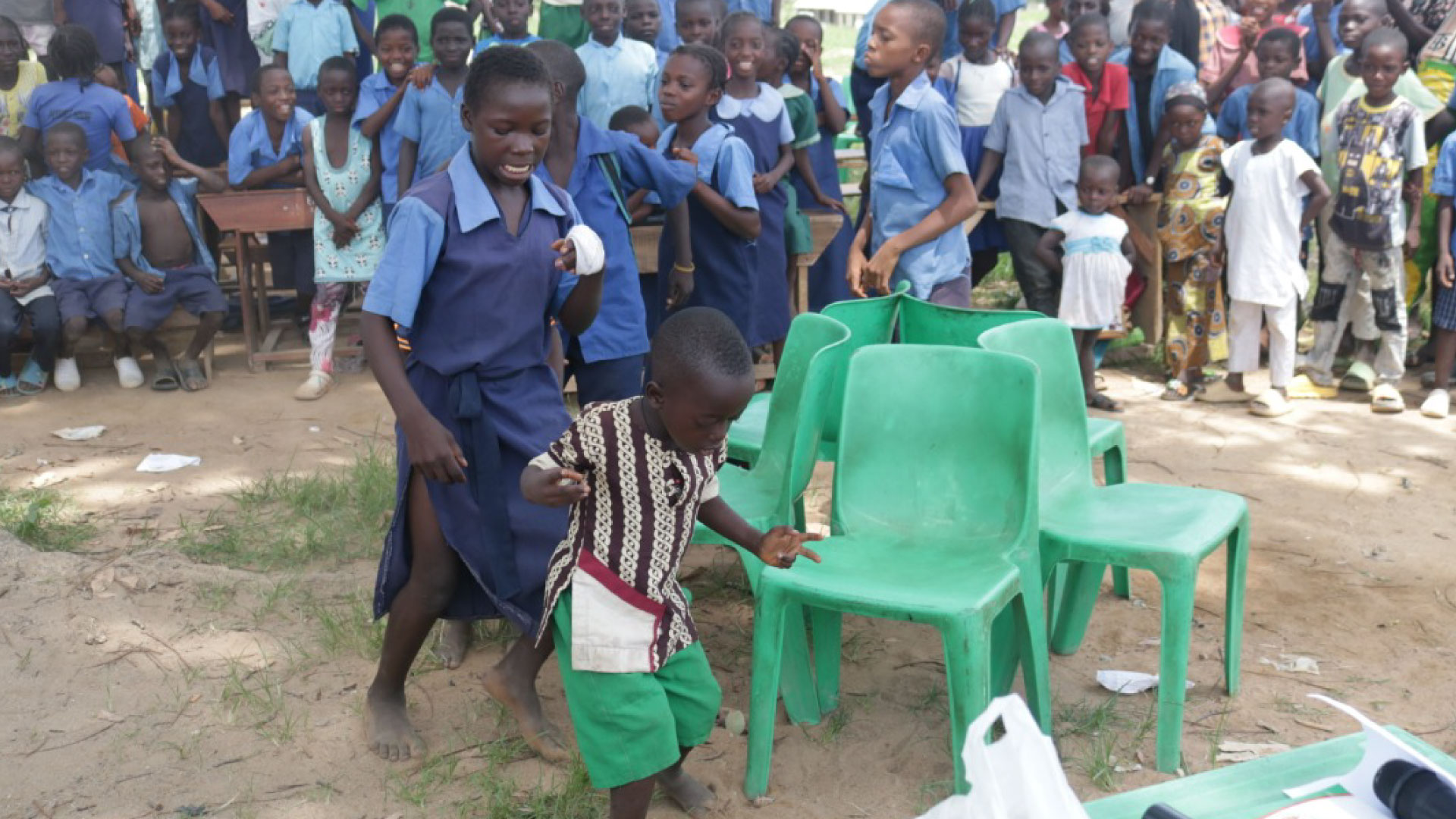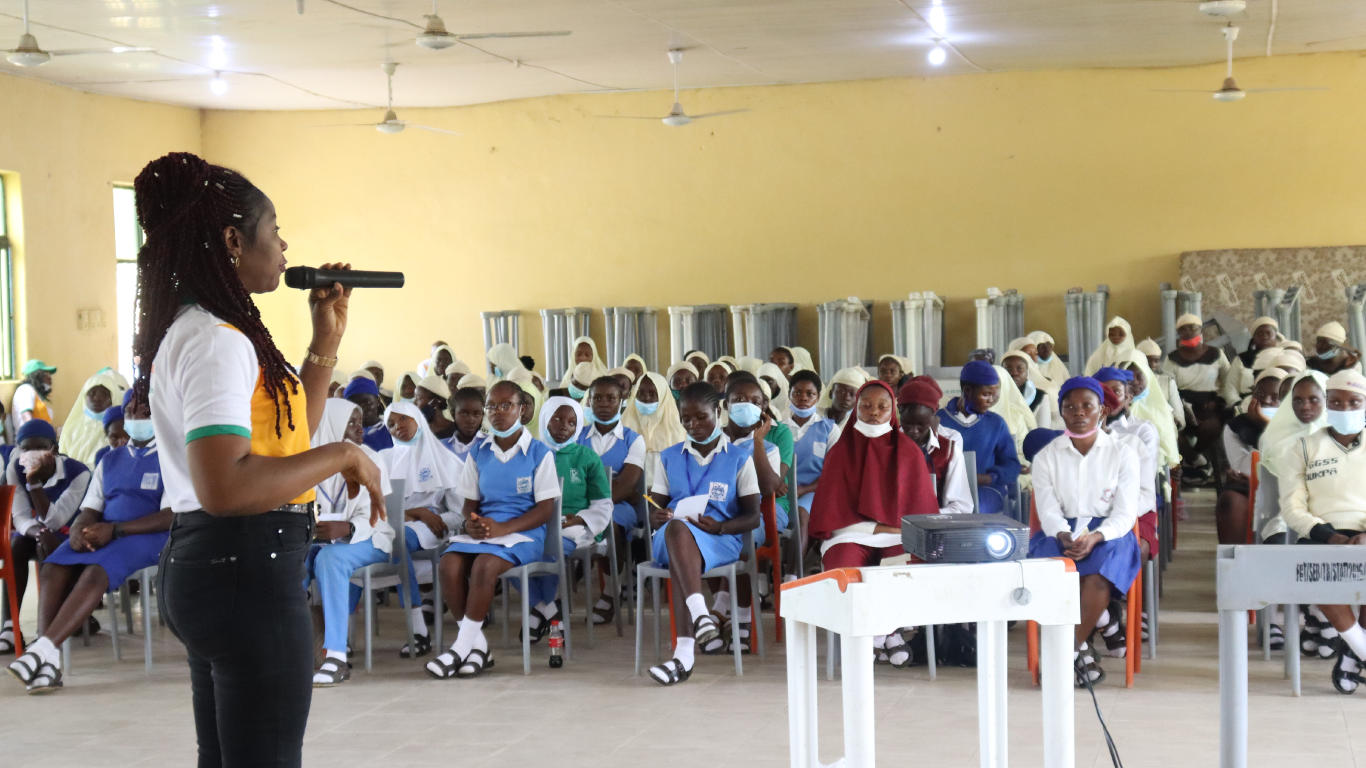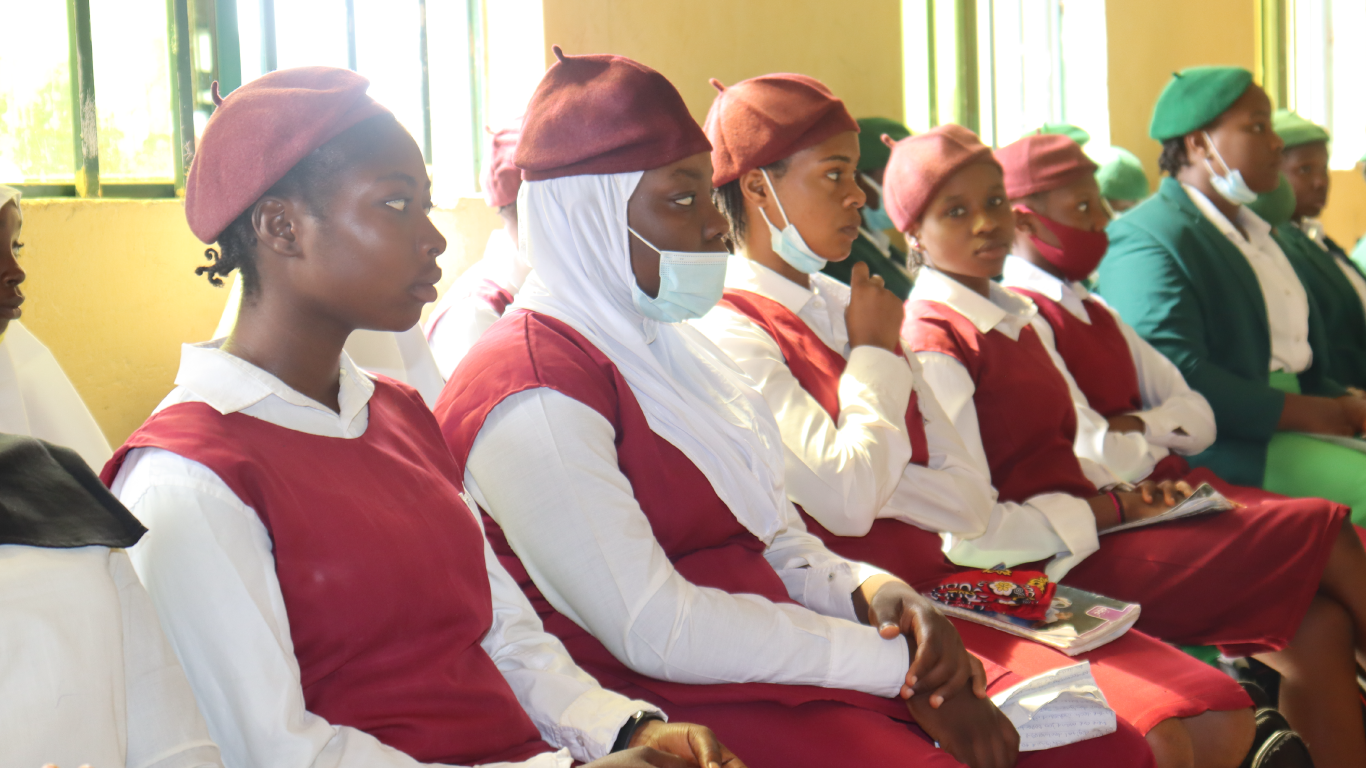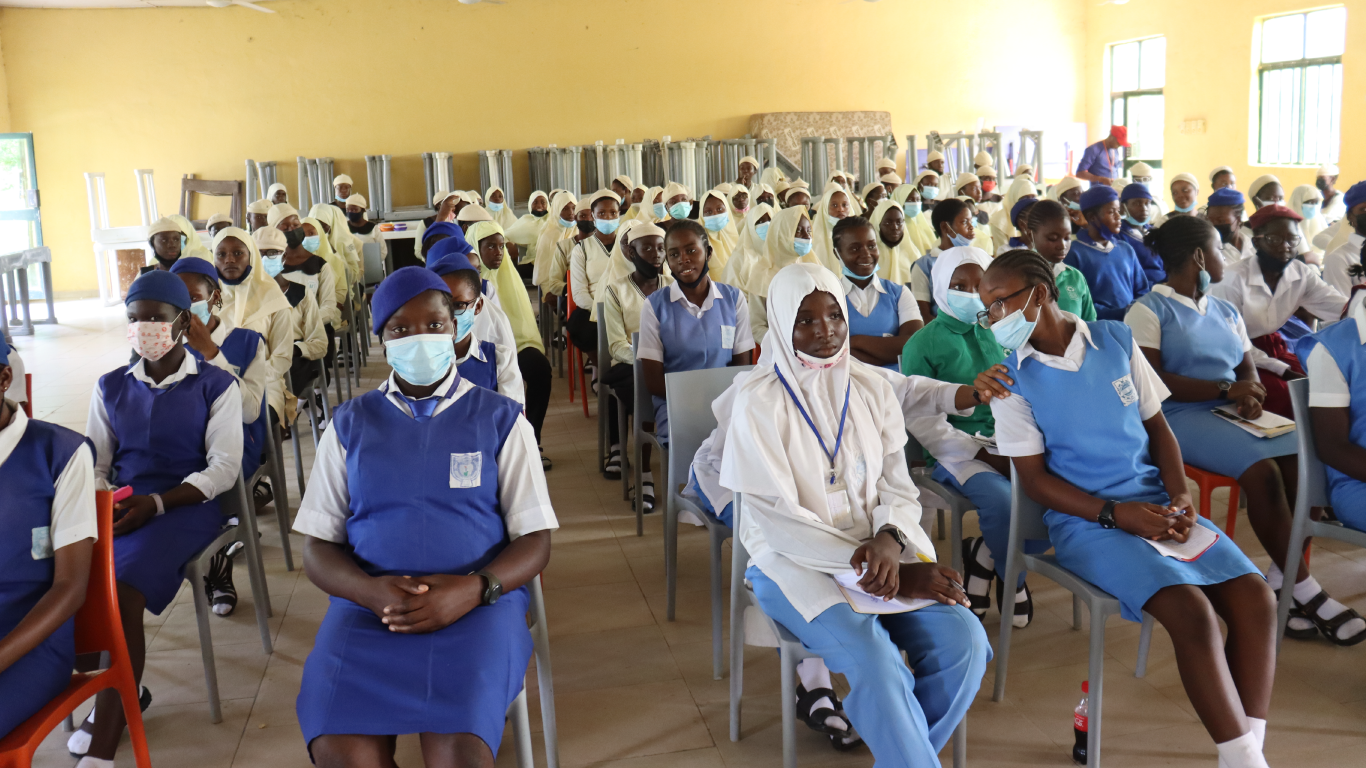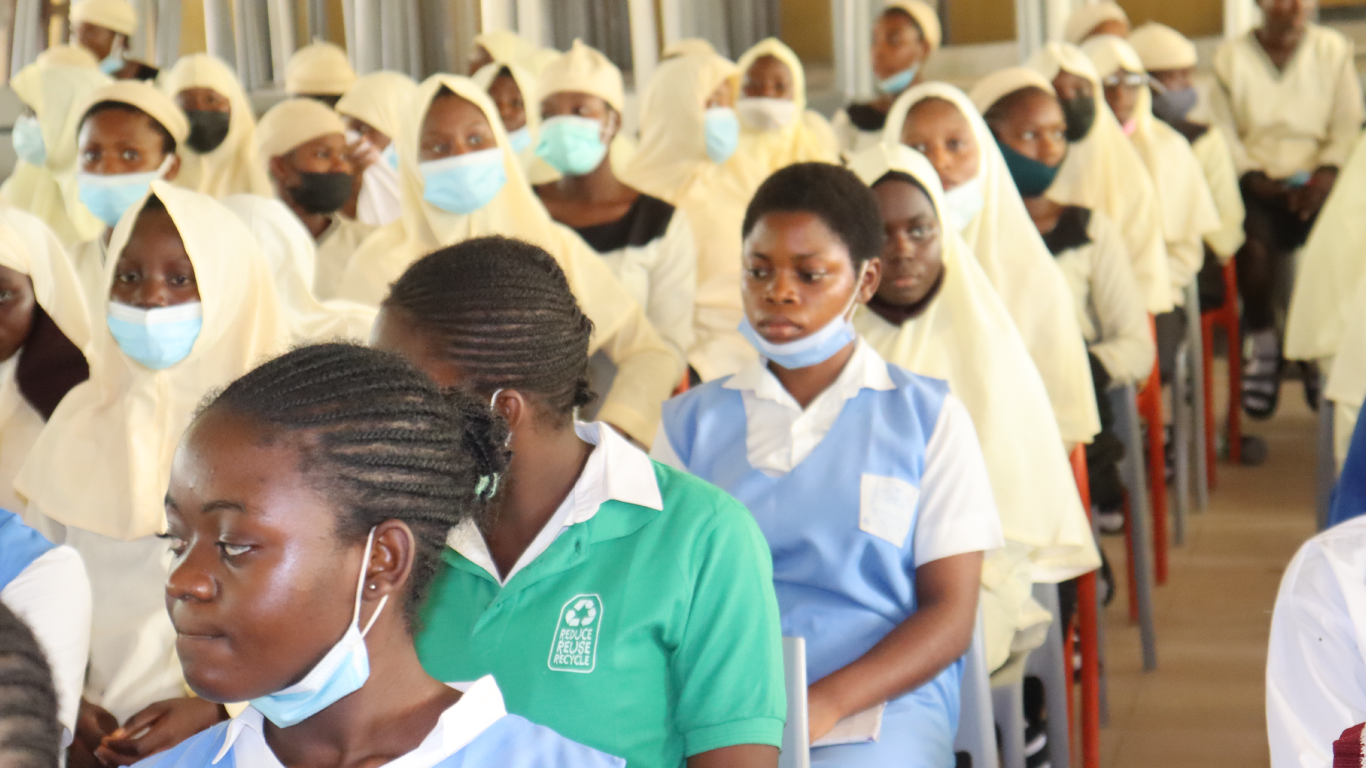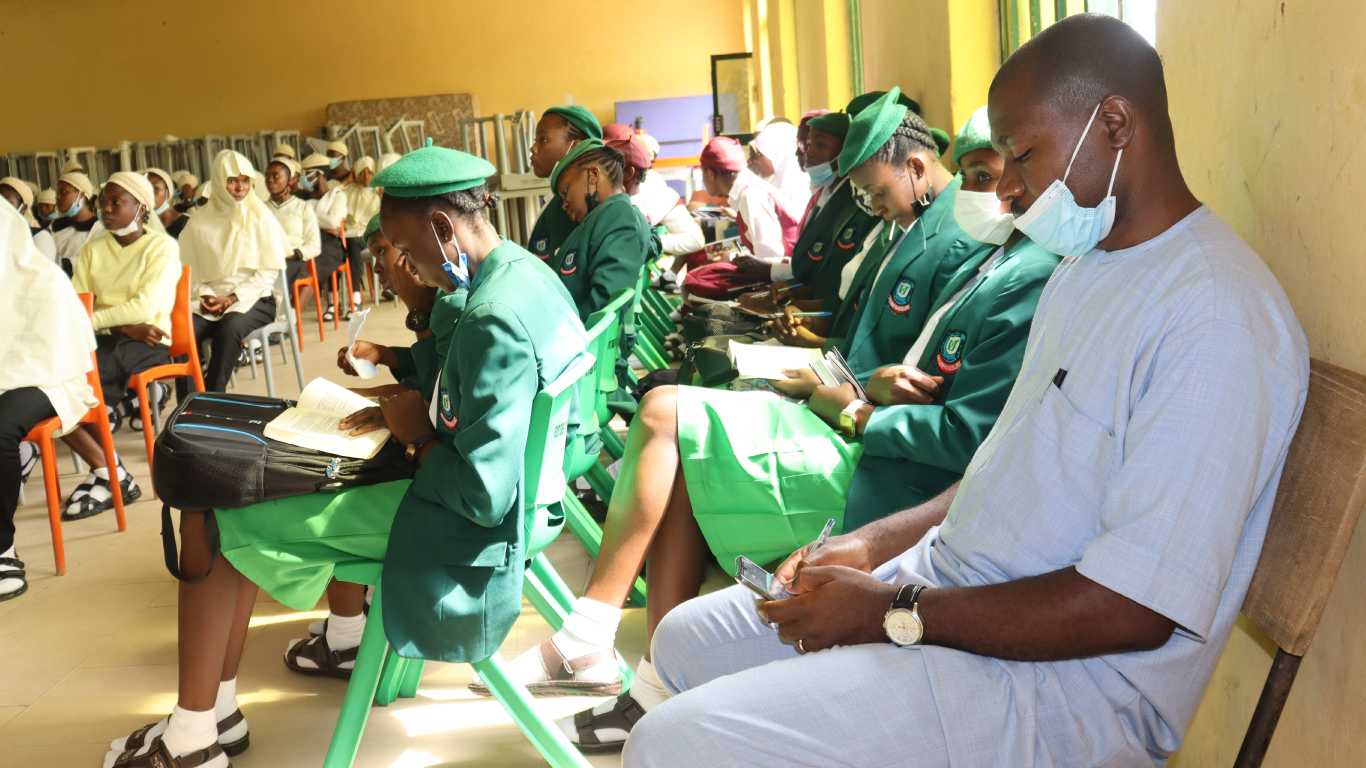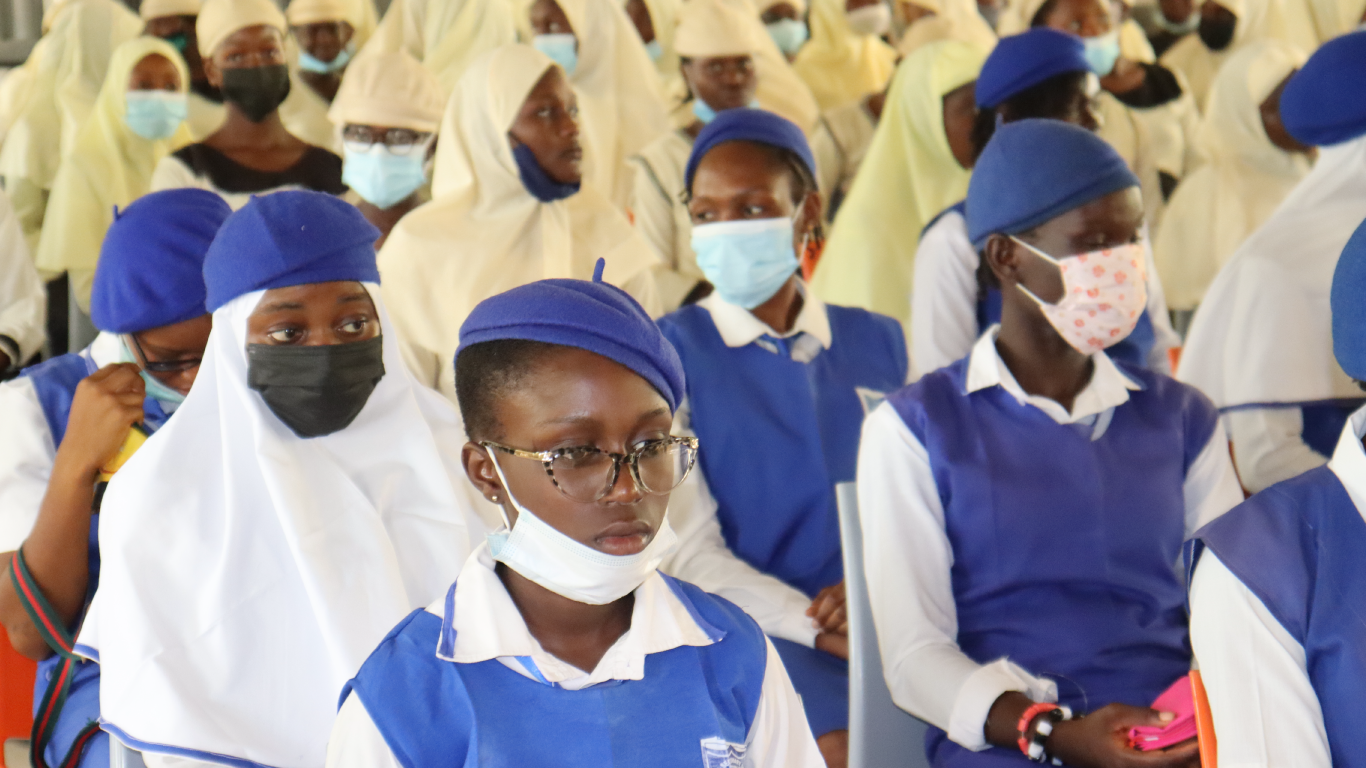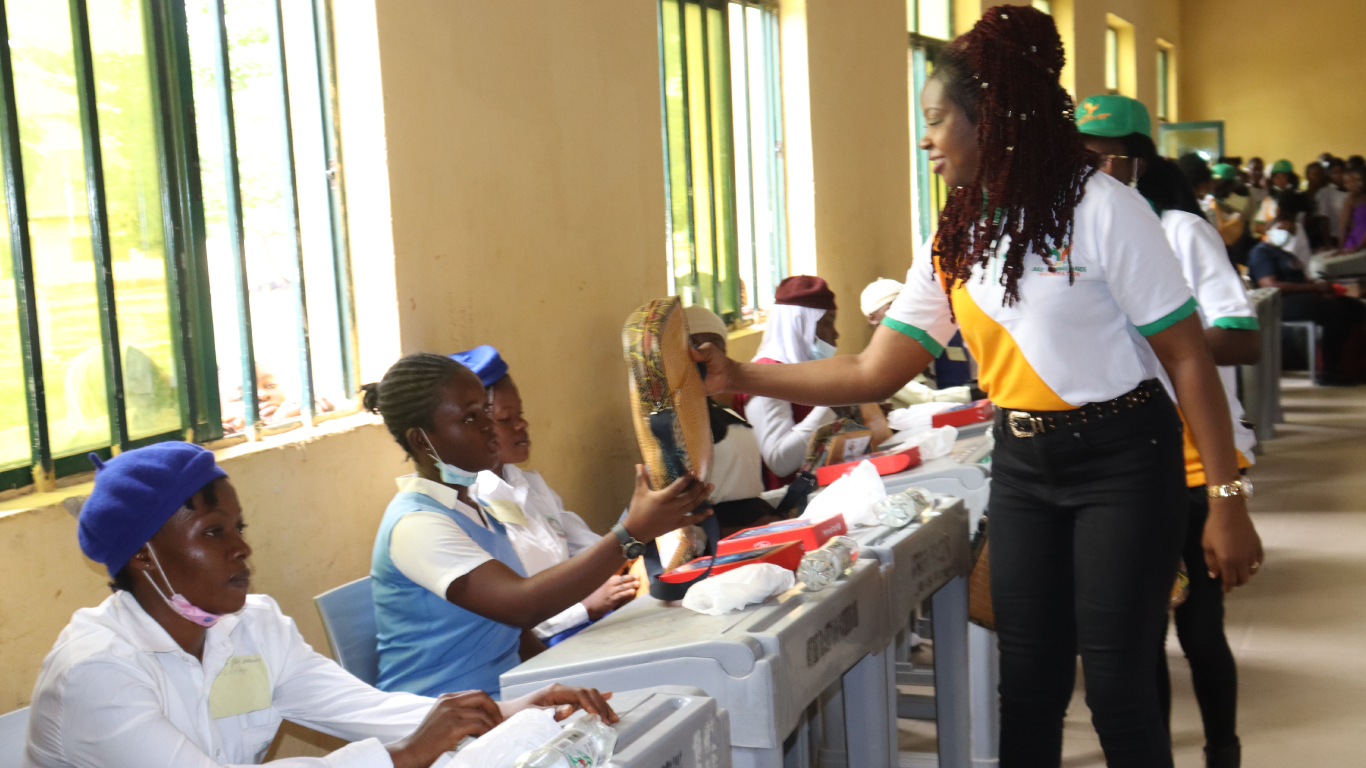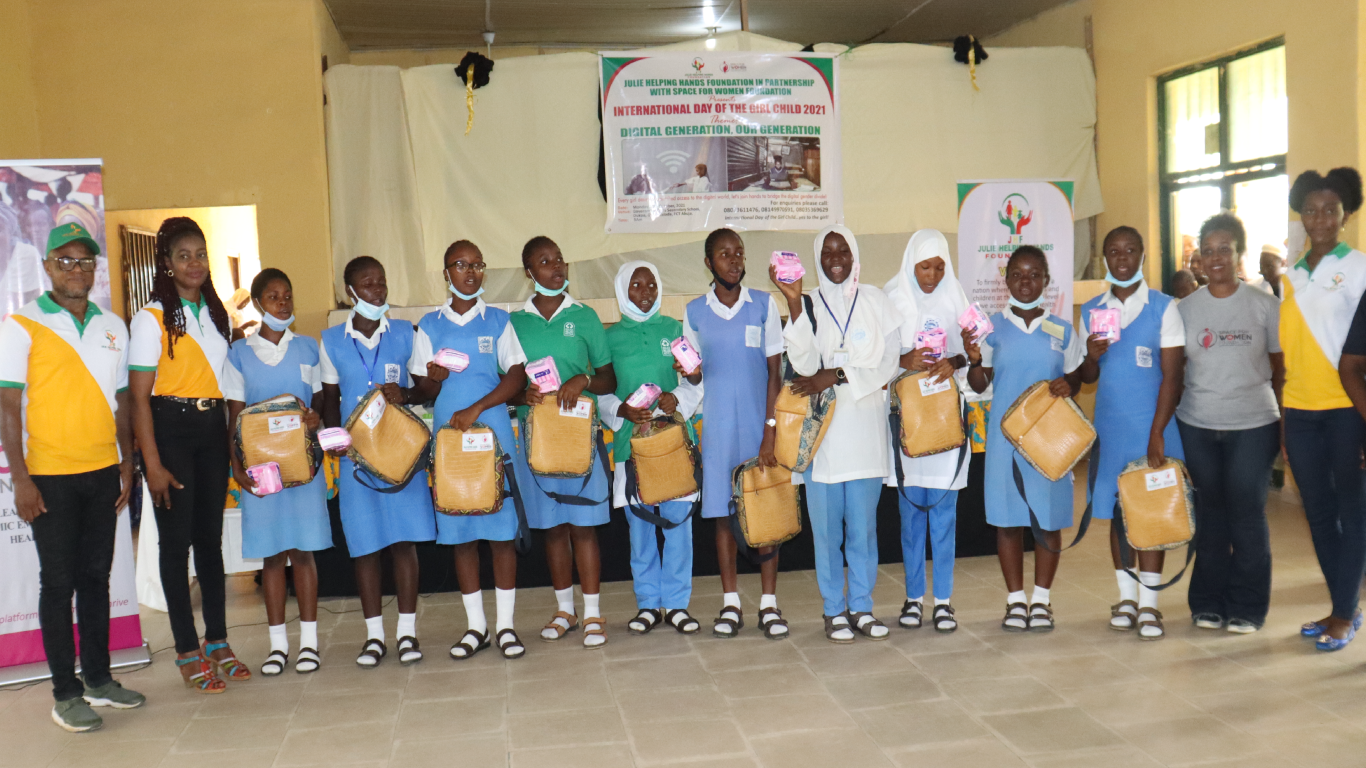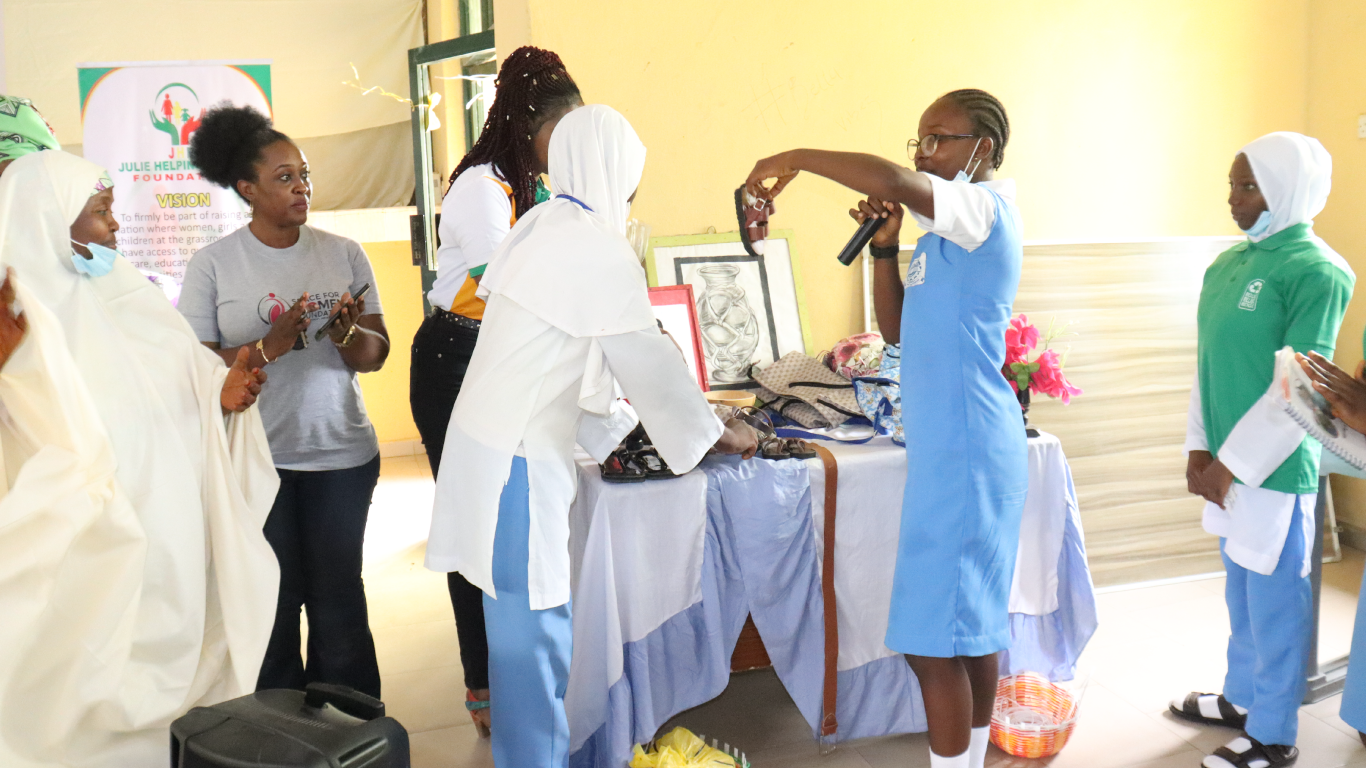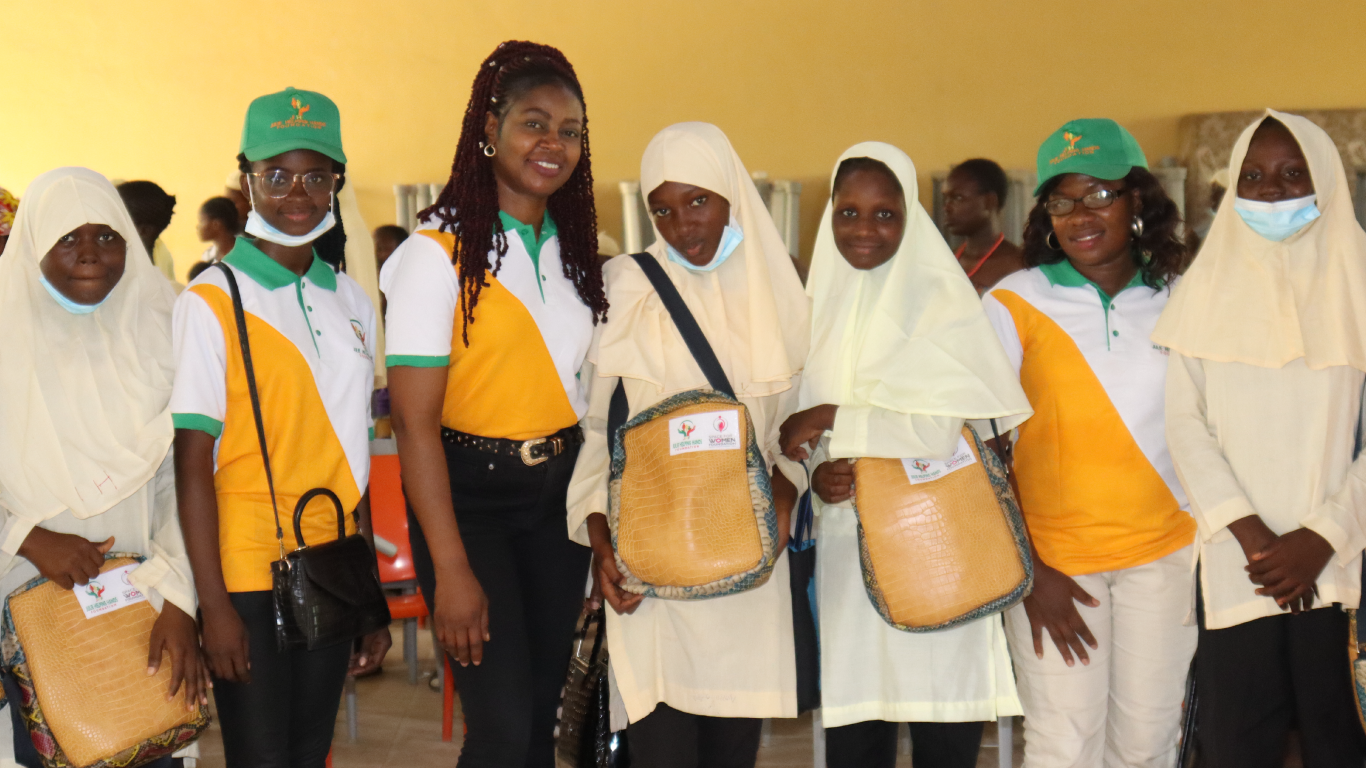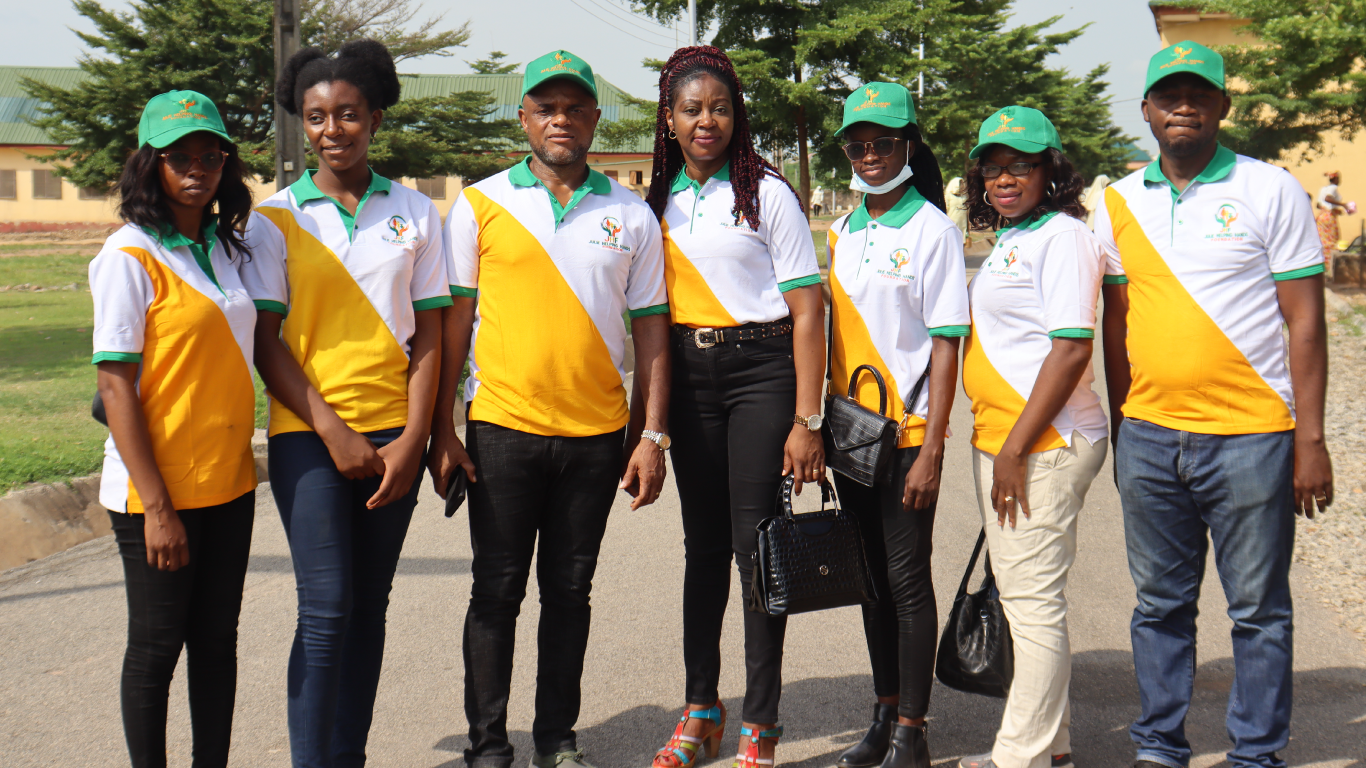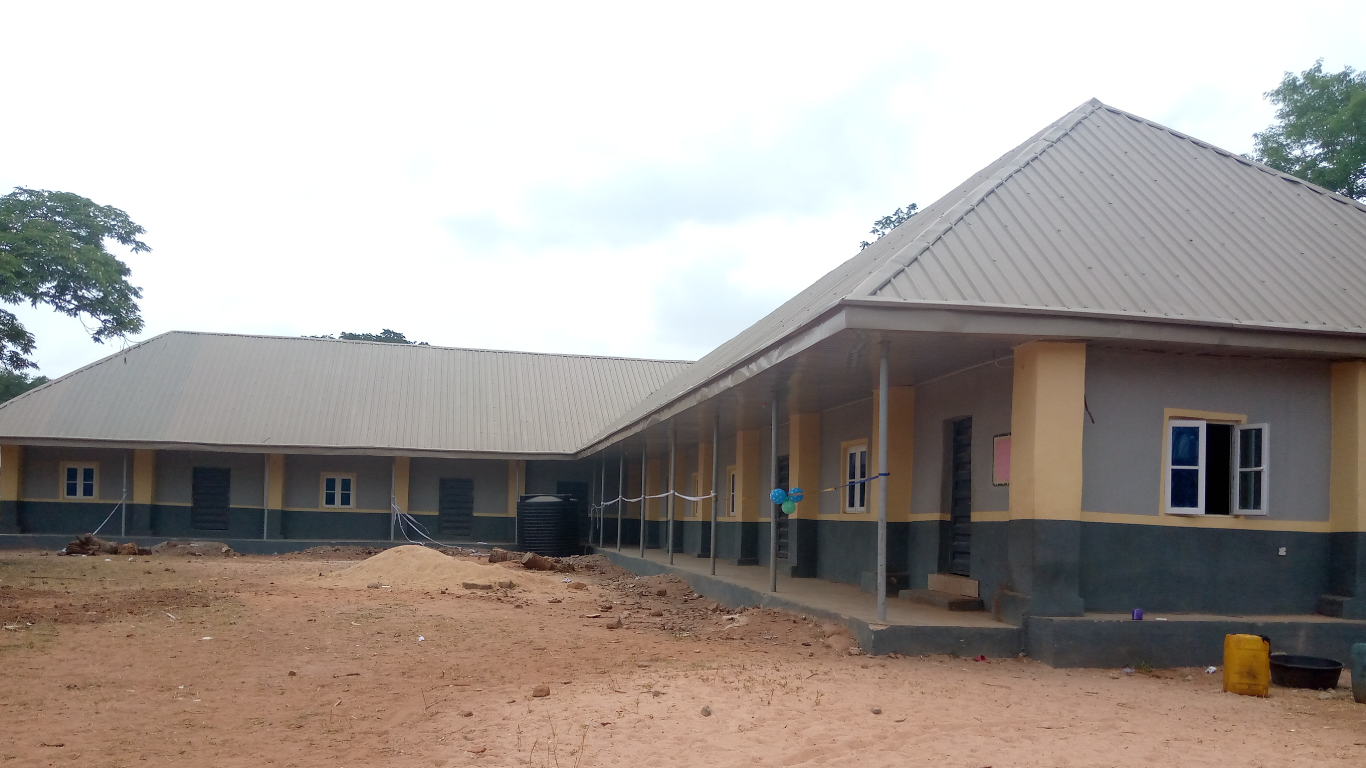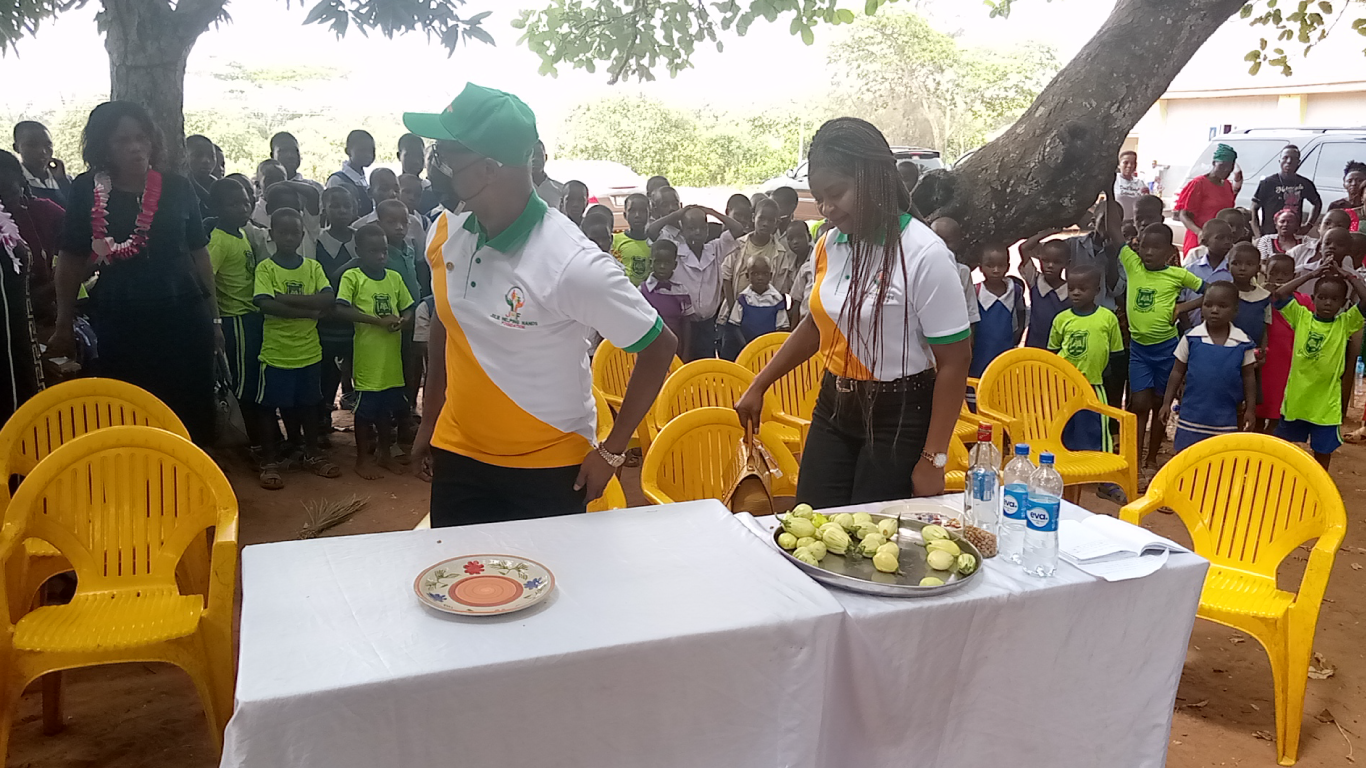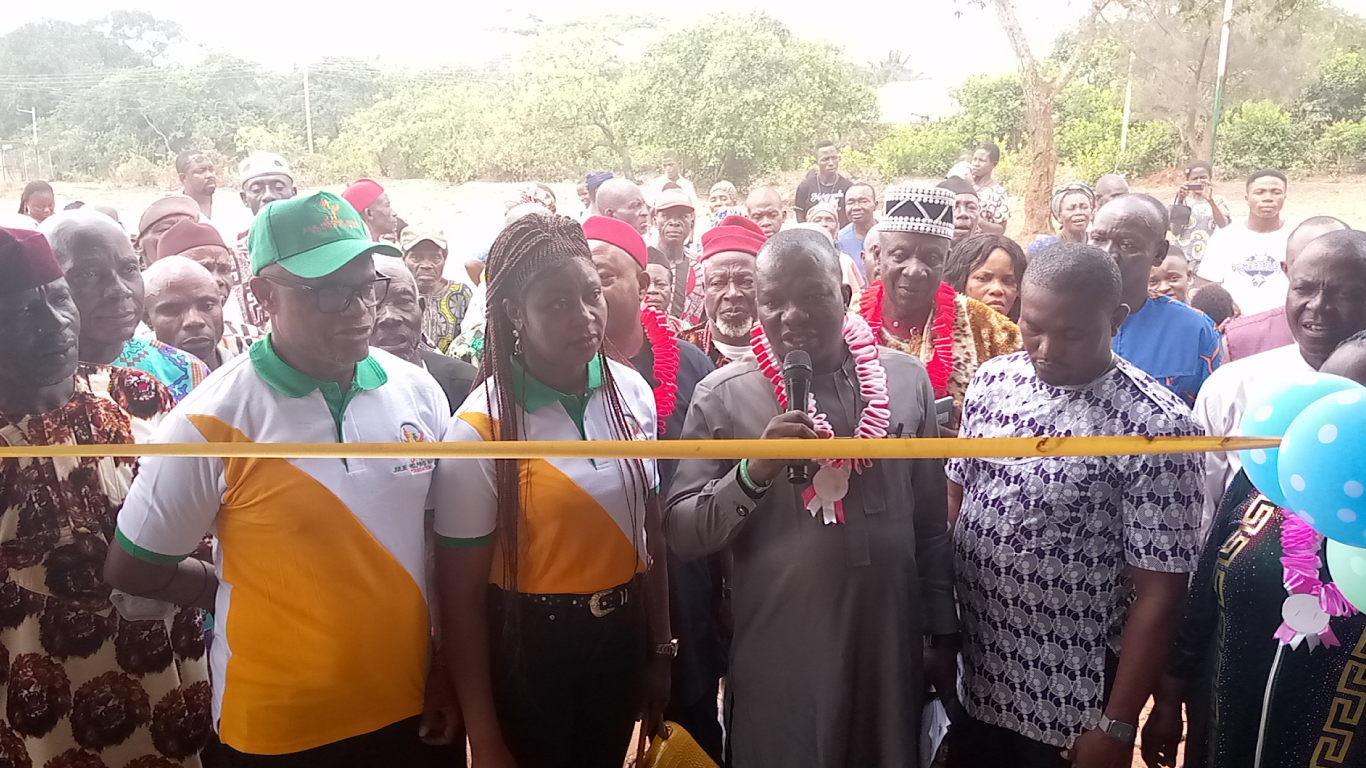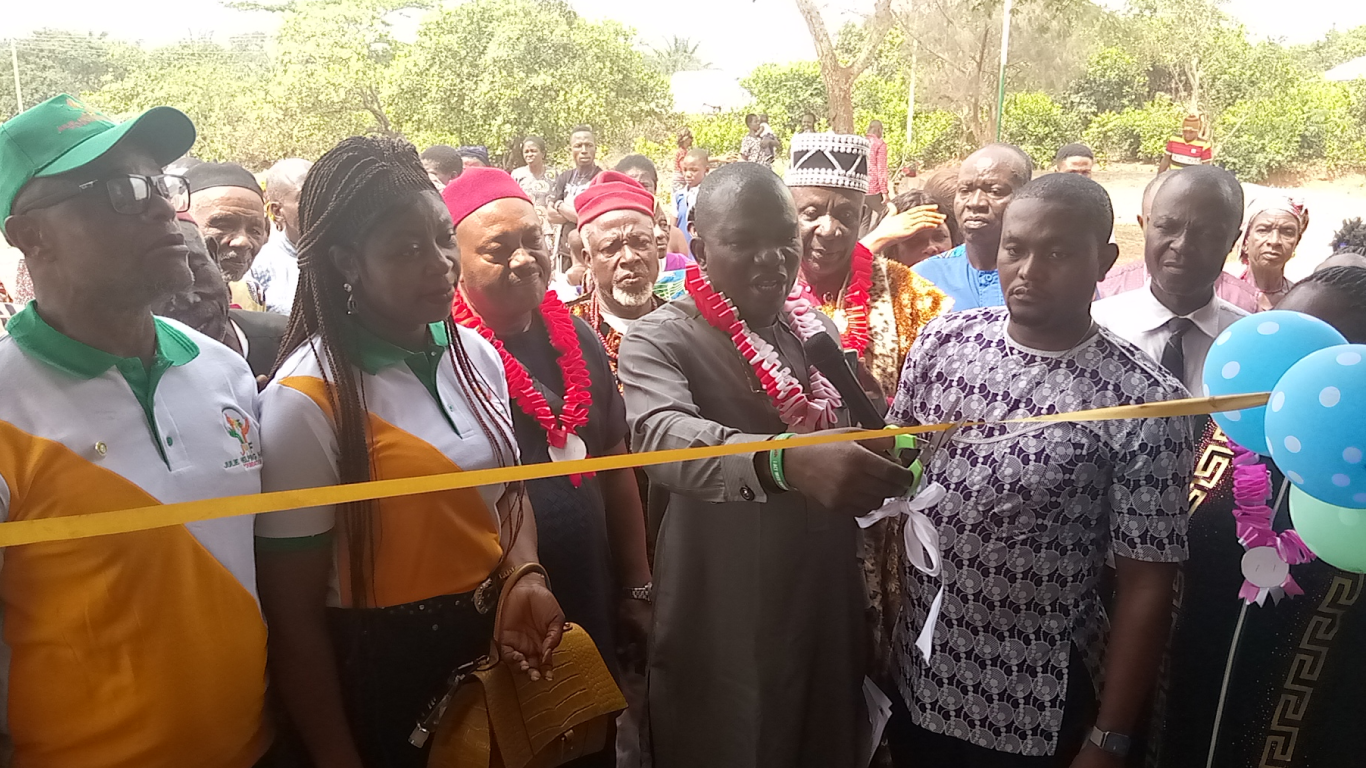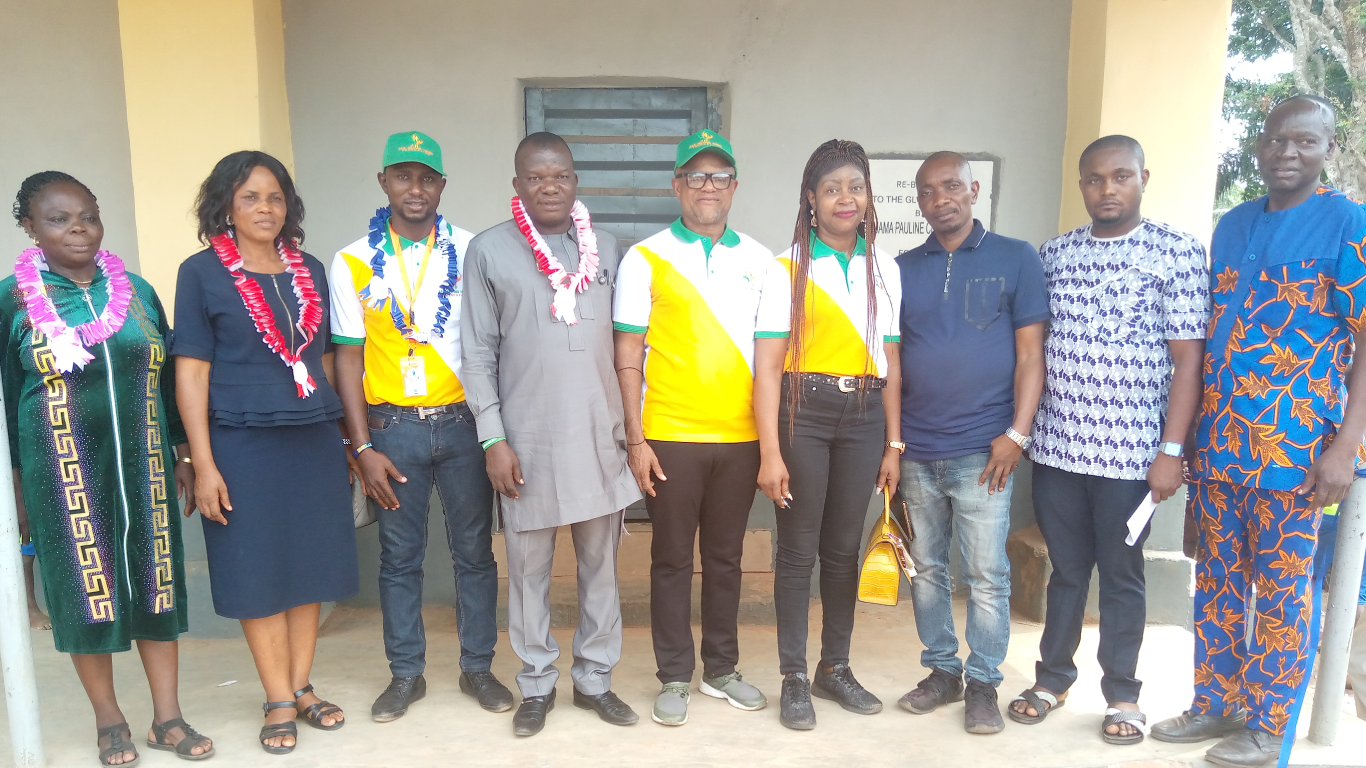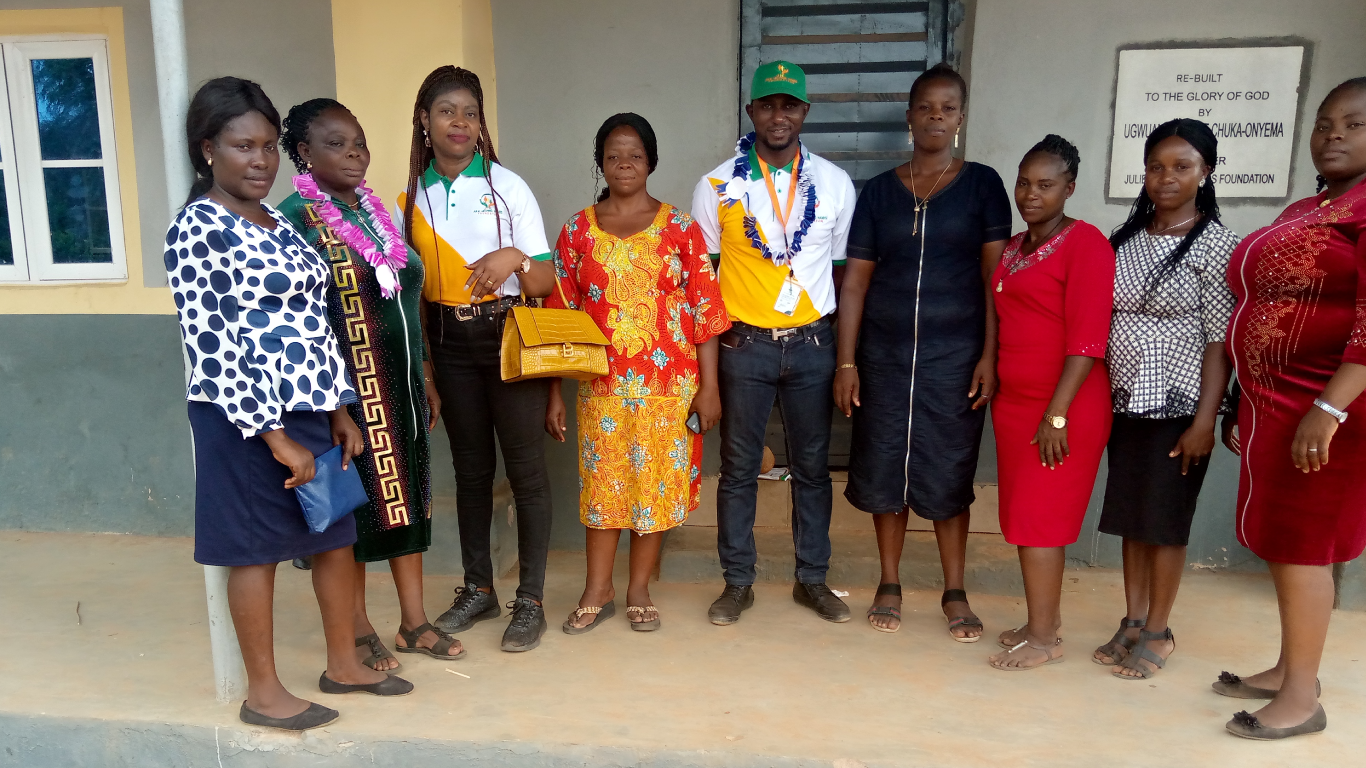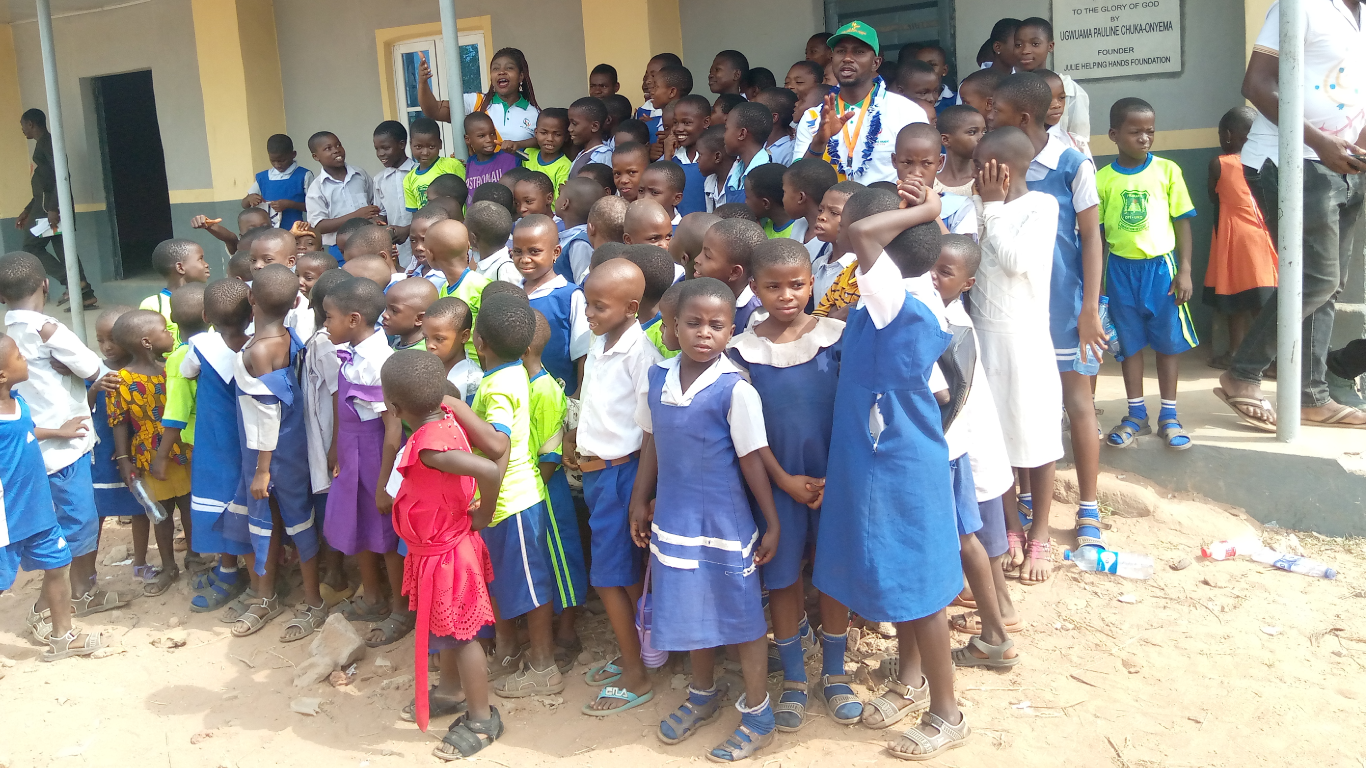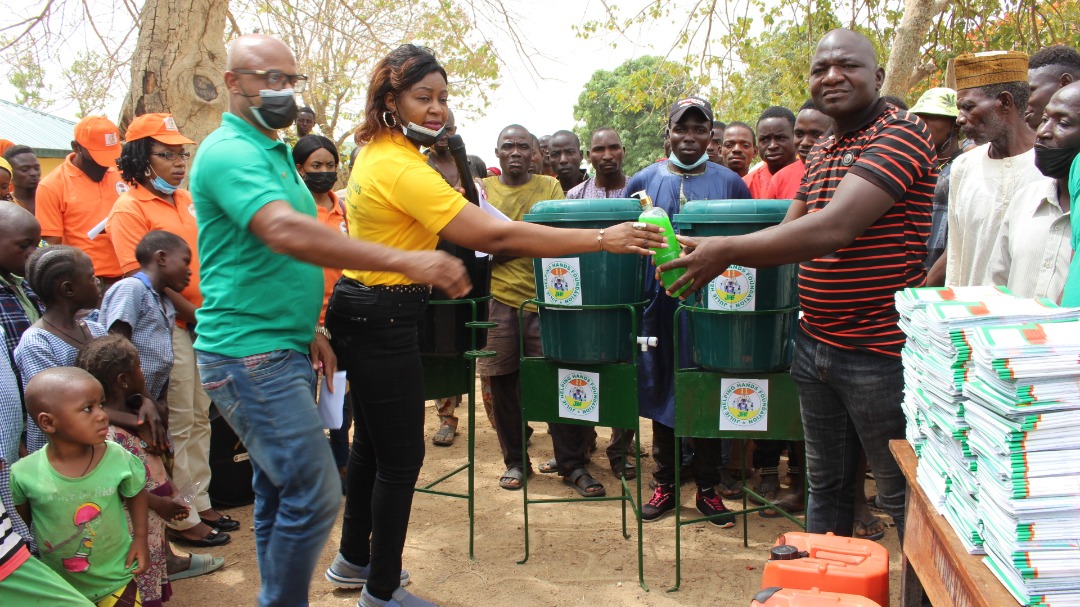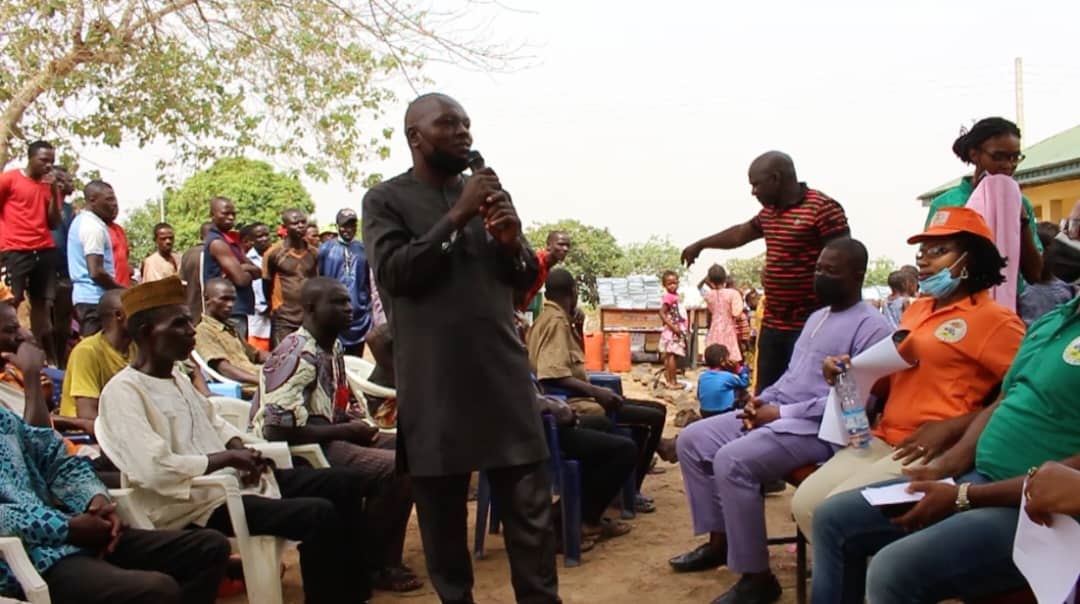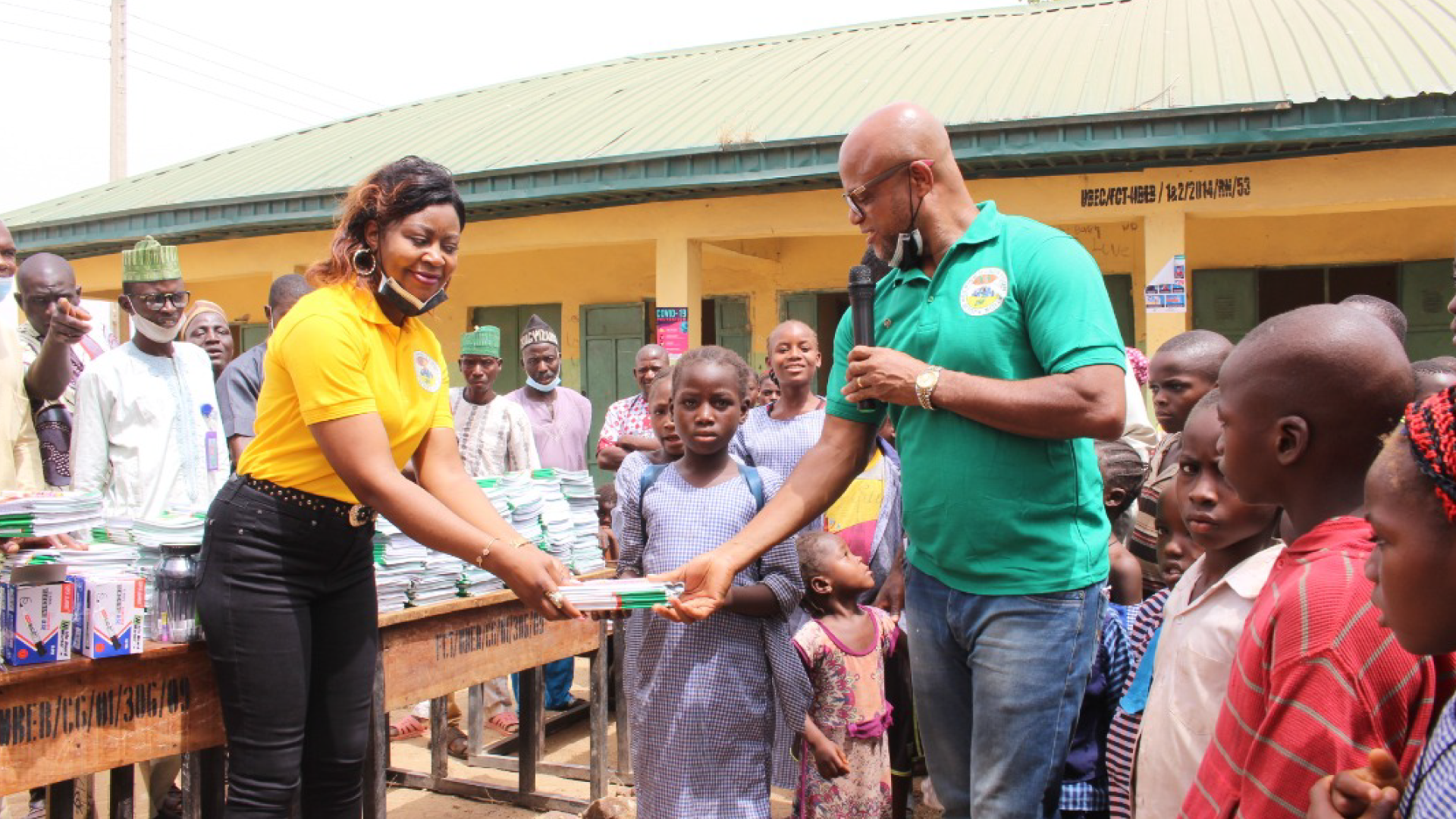Julie Helping Hands Foundation
Julie Helping Hands Foundation
Notwithstanding the progress made on education in previous years, according to Sustainable Development Goals Report in 2019, globally 617 million children lack basic reading and numeracy skills and one out of five children aged 6-17 are out of school.
Coronavirus has worsened this situation further revealing the structural gaps in education between developed and developing nations. While remote learning became the new normal, in Sub-Saharan Africa, where more than half of the schools do not have access to internet and computers, millions of children could not learn. UNICEF statistics revealed that in West Africa, a minimum 54 million children, majority of them in primary school could not be reached with digital and broadcast remote learning. Making it one of the regions with the highest concentration of students who were left behind.
These figures refer only to children who were attending school before the pandemic. This is notable because percentage of children who attend school in remote areas are low to begin with so if out of school children were counted, total unreached children will exceed 75%. Overall, three out of four live in rural communities.
To bridge this enormous gap, JHF and Discimus Foundation is initiating the renovation of rural community primary and secondary schools which are often dilapidated. In addition, the donation of digital devices and learning materials will enhance learning conditions & outcomes and encourage drop-outs return to school. Access to quality primary and secondary school education with a focus on the girl child will enable Sustainable Development Goal 4 to be achieved . When children can learn, they can earn a good living and break the cycle of poverty .
We are thrilled to announce the successful completion of our 3rd Tech for Future Drive graduation, where 130+ bright young students received certificates in computer proficiency after months of intensive training.
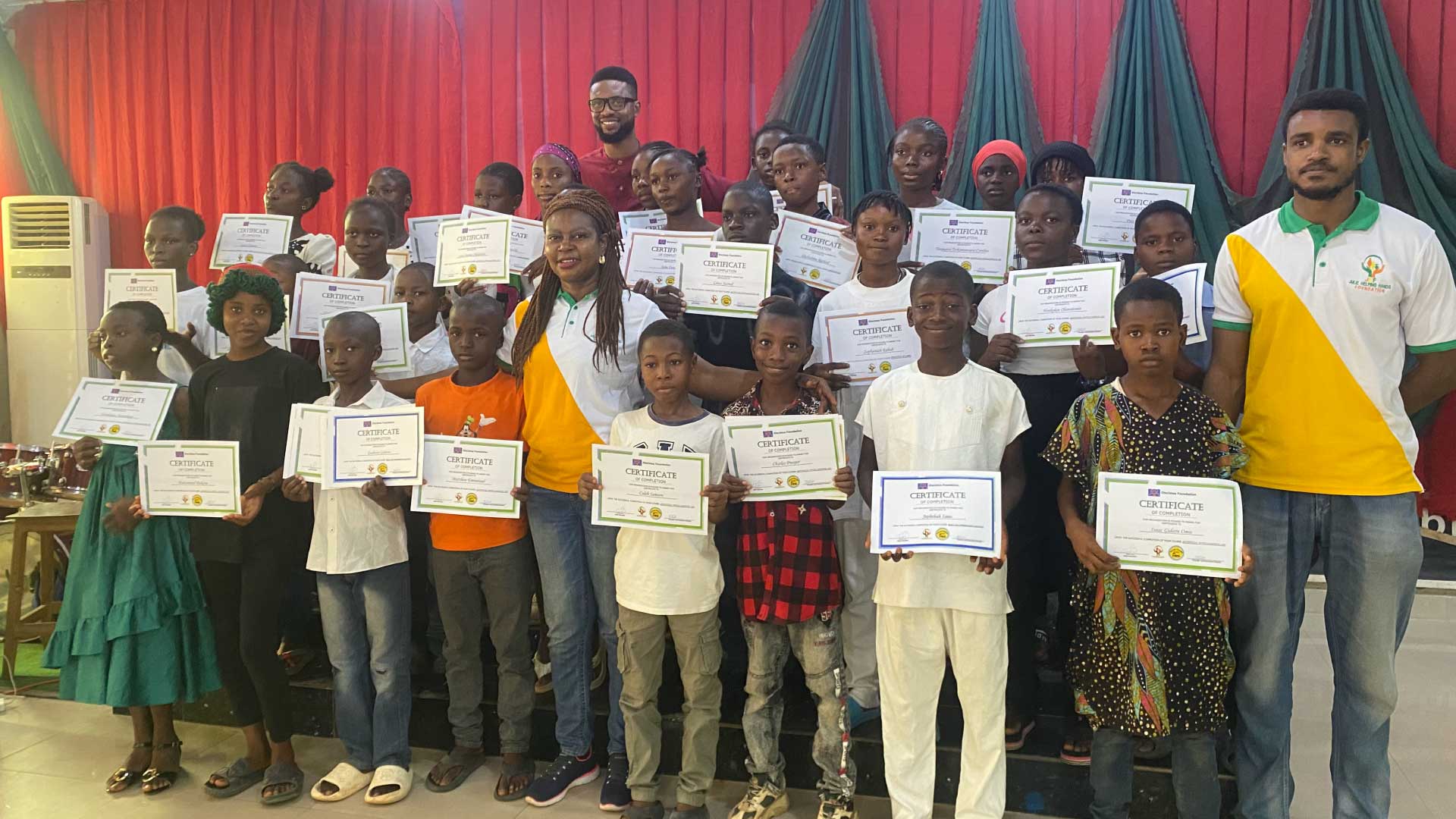
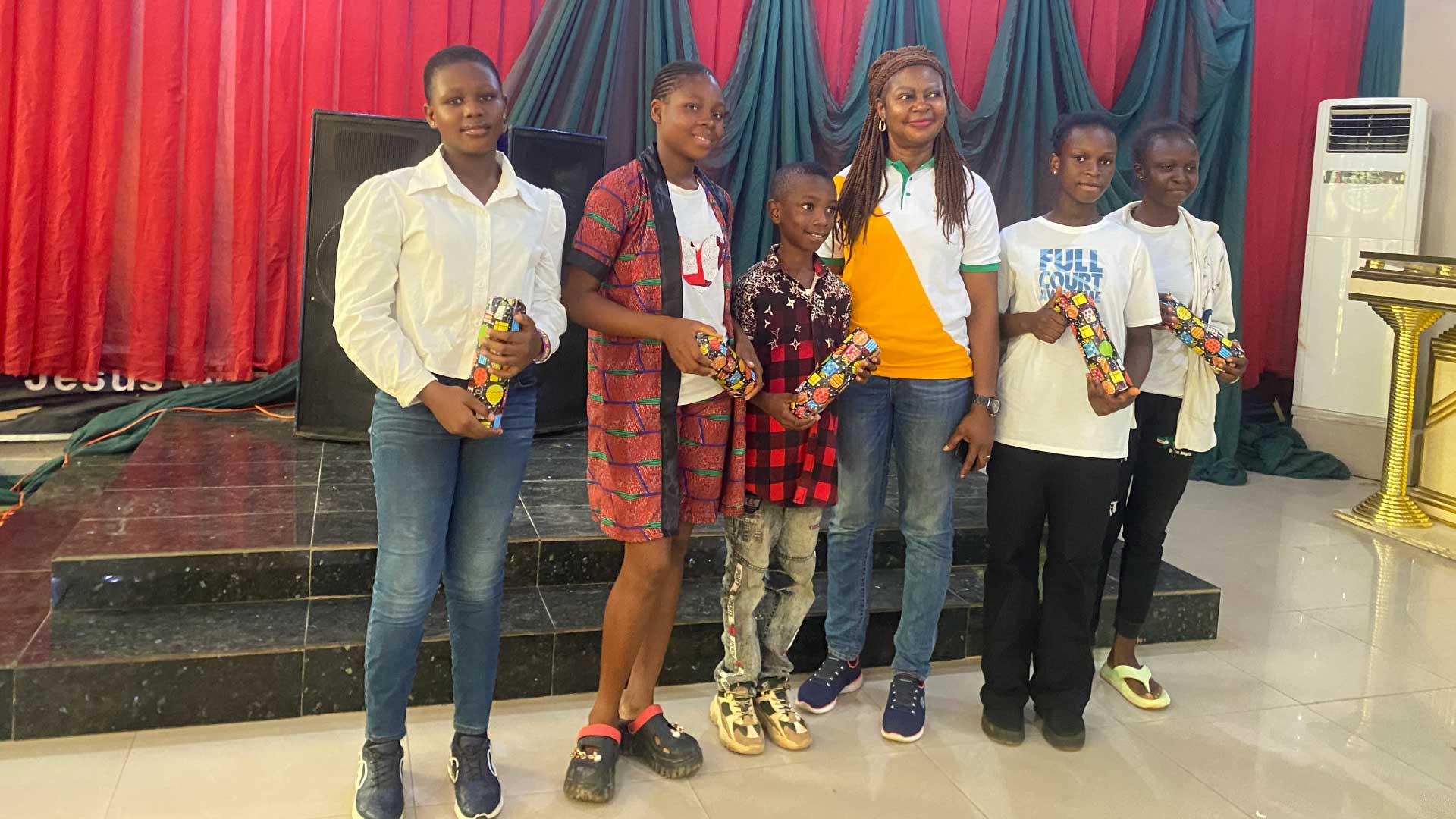
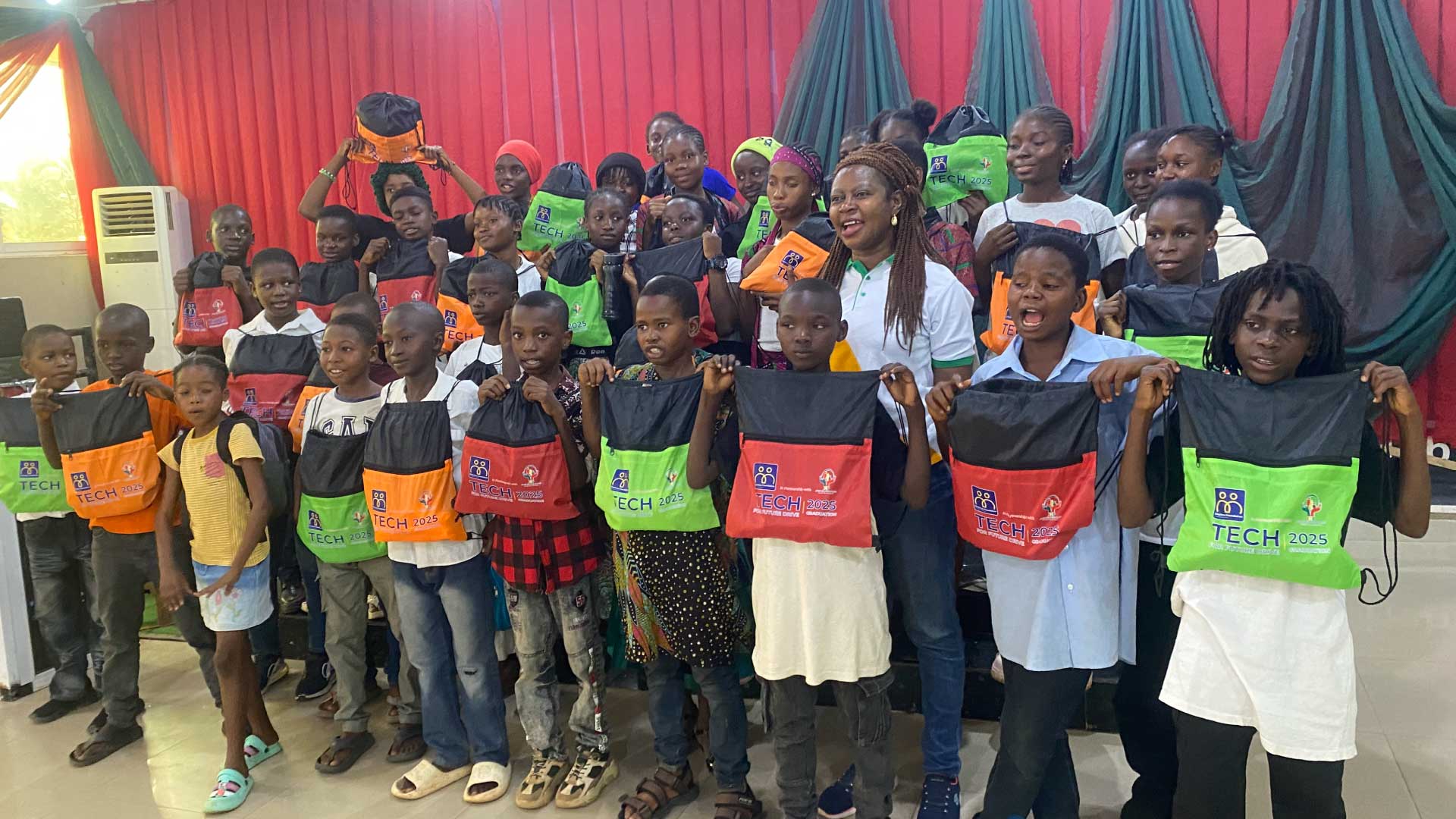
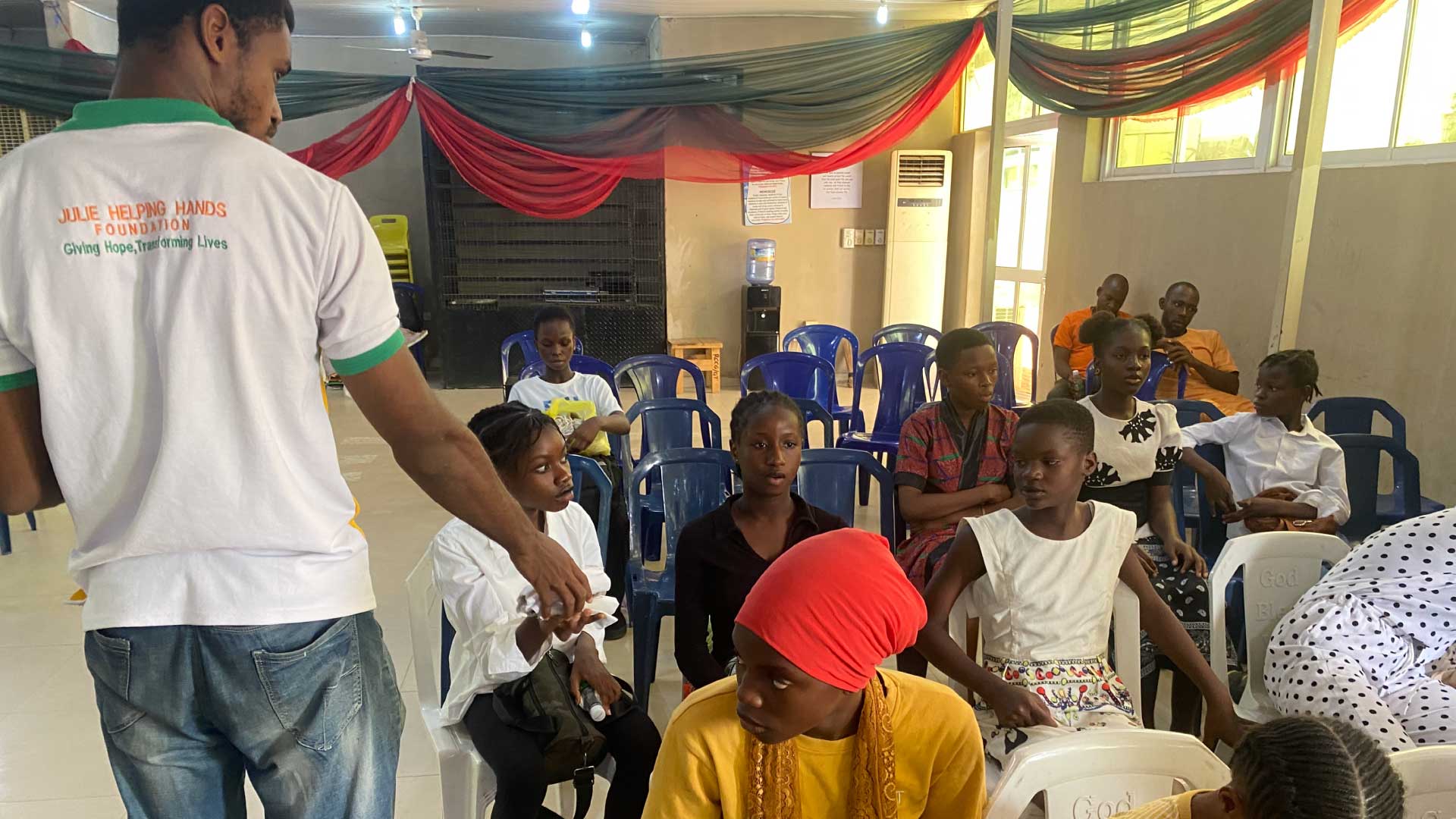
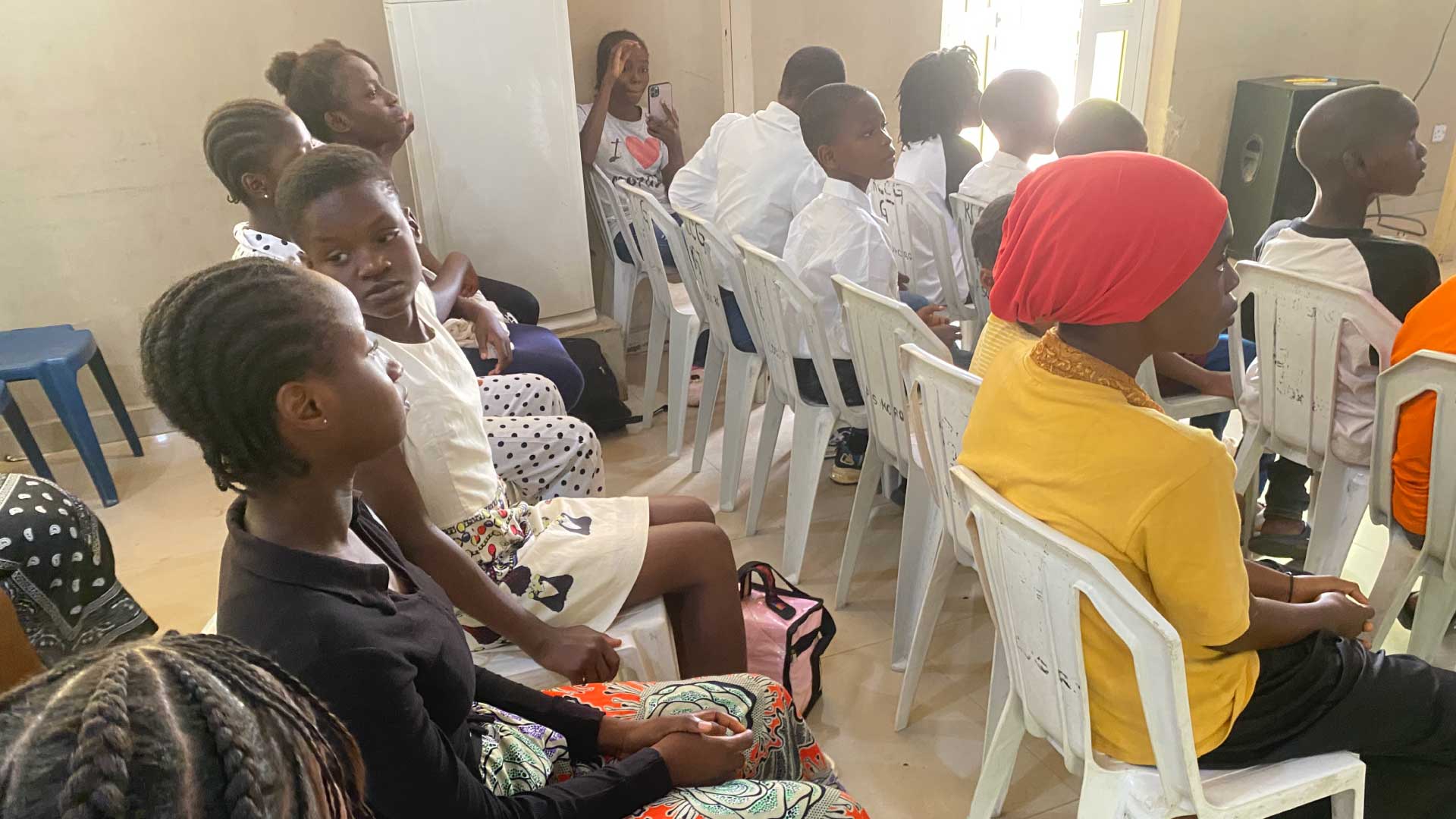
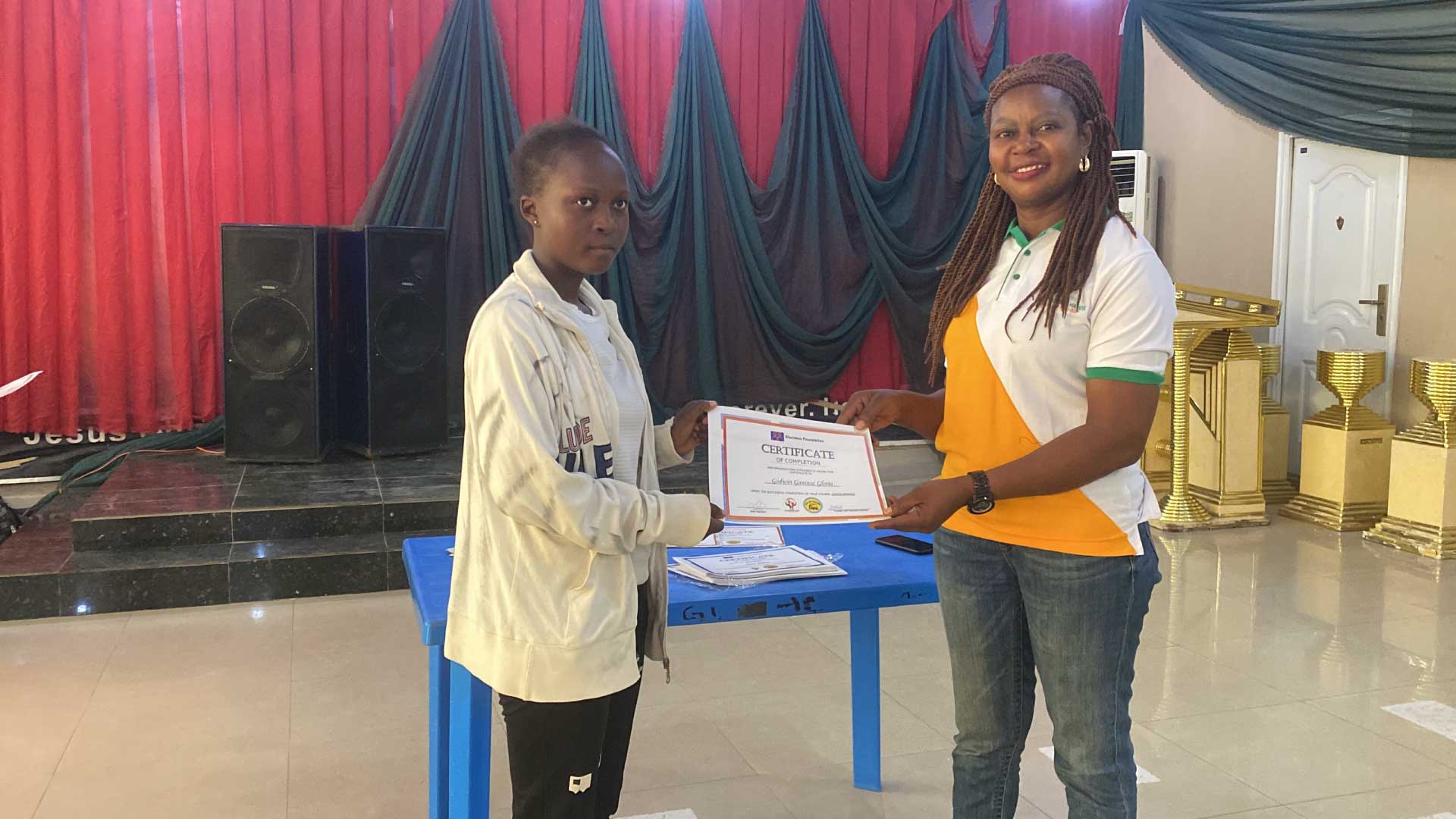









These pictures capture the spirit of our recent graduation ceremony, celebrating the achievements of our young learners.



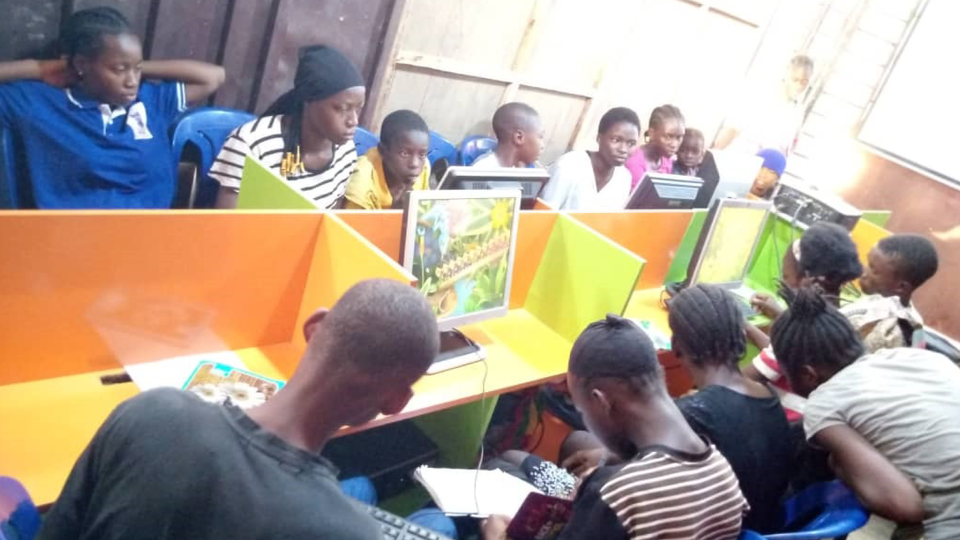

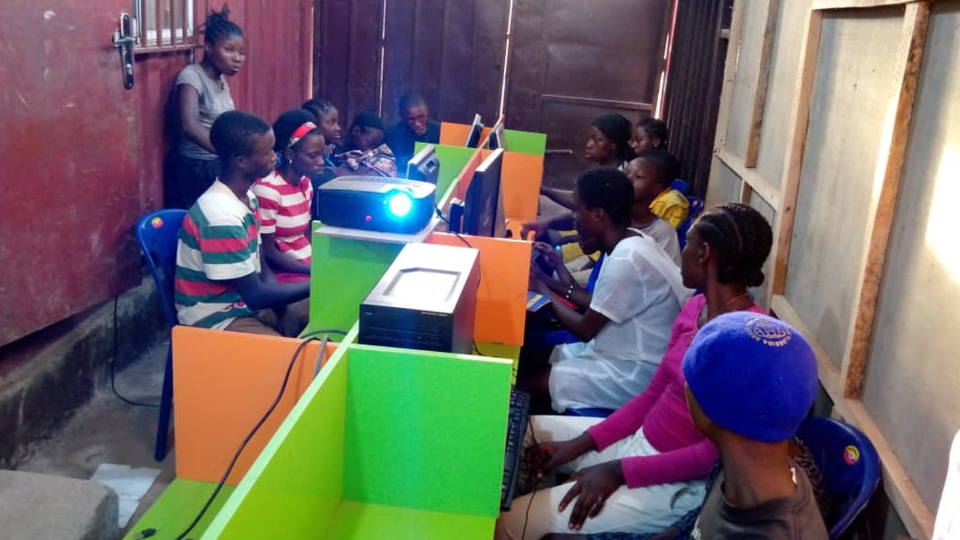
Studies show that over 70% of children in the rural communities do not have basic computer knowledge/skills. Unfortunately, in Nigeria, to gain admission into tertiary education, a child takes a compulsory examination- Joint Admission Matriculation Board/Unified Tertiary Matriculation Examination (JAMB/UTME). Currently, most employers of labour irrespective of the size of the company, require that the employee have at least basic computer skills to be employable. Based on this, JHF and Discimus Foundation has embarked on training of children between the ages of seven to seventeen years in the rural communities on the basic computer knowledge under a program- “Tech For Future Drive (T4FD), to empower the focus population for future academic career and employability.



JHF strongly believes that empowering a girl child means lifting a family, community and a nation out of poverty. It is based on this that JHF stood out to ensure that Deborah James finishes her secondary education, even when her parents said she should stay at home while her brothers go to school, because they cannot afford to train her further. Deborah is an intelligent and talented girl from all indications, hence, JHF cannot sit back and allow such talent to waste.
